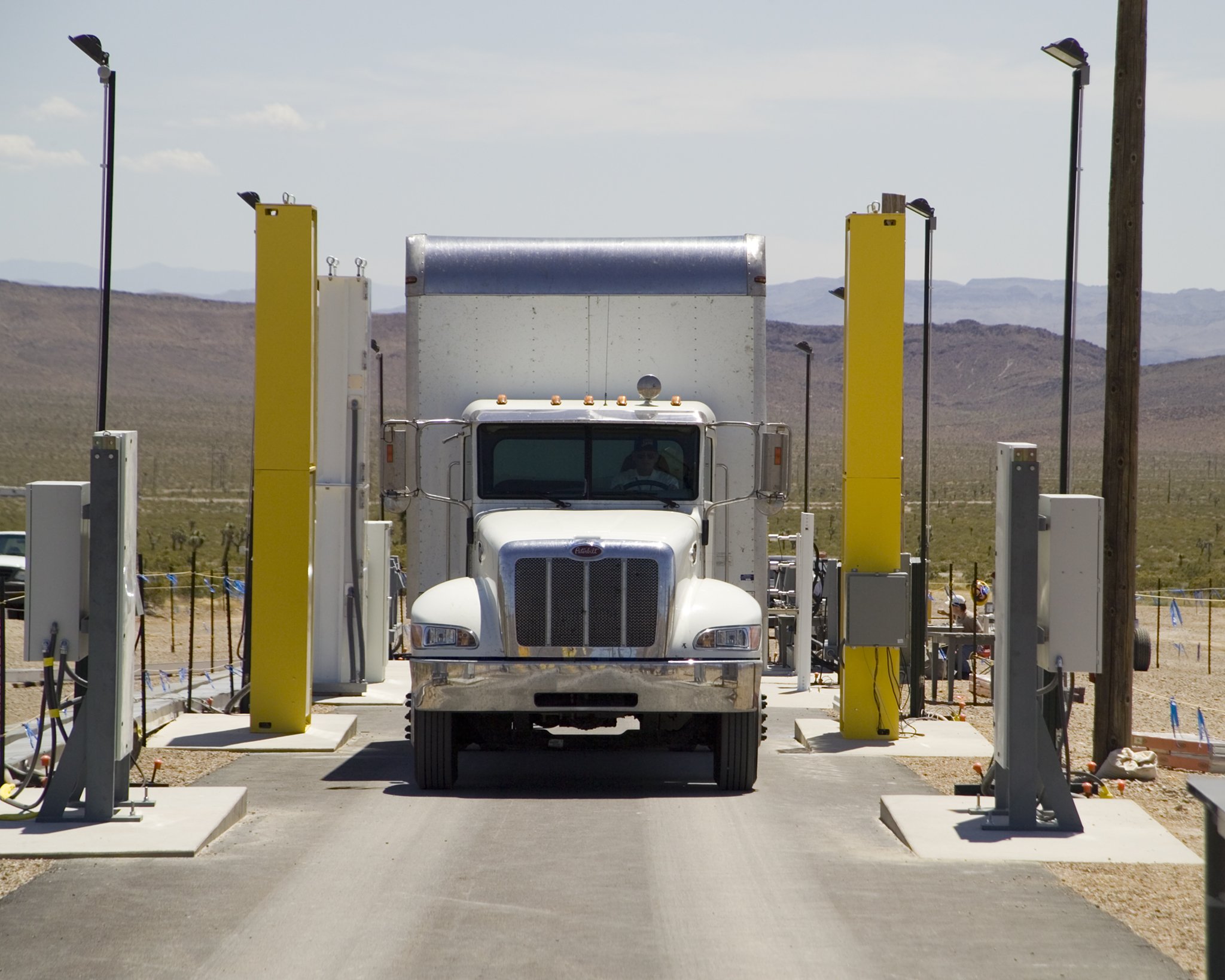Radiation detection is making inroads into industries that might seem unexpected at first glance. Among these is the scale industry, which manufactures and utilizes scales for a wide range of applications. The integration of radiation detection technology in this sector has the potential to bring about significant improvements in accuracy, efficiency, and safety. In this article, we will explore how radiation detection can benefit the scale industry, shedding light on the various applications, challenges, and advancements in this dynamic field.
The Scale Industry: An Overview
The scale industry plays a crucial role in various domains, including manufacturing, logistics, healthcare, and research. Scales are used for precision measurements of weight, mass, and quantity, and their accuracy is vital for ensuring the quality and safety of products and processes. Traditional scales have relied on mechanical components and electronic load cells to provide precise measurements. However, the integration of radiation detection technology is changing the landscape by enhancing the precision and efficiency of these measurement devices.
Radiation Detection: A Versatile Technology
Radiation detection technology, which encompasses a variety of methods for detecting and measuring ionizing radiation, has traditionally been used in applications such as nuclear power plants, medical imaging, and radiation therapy. In recent years, advancements in radiation detection technology have made it more versatile, affordable, and accessible. This has opened up opportunities for its integration into a range of non-traditional fields, including the scale industry.
Applications of Radiation Detection in the Scale Industry
Improved Precision and Accuracy: Radiation-based density measurements can significantly enhance the precision and accuracy of weighing systems. One of the most prominent examples of this is the use of gamma radiation sources in gamma densitometers. These devices measure the density of materials passing over the scale by analyzing the degree to which gamma radiation is attenuated. This technology is particularly useful in industries where the density of the measured material varies, such as agriculture, mining, and construction. By employing radiation detection, scales can provide consistent and highly accurate measurements, improving quality control and reducing errors.
Material Identification: Radiation detection can be used for material identification, which is critical in the manufacturing and logistics sectors. By using gamma spectroscopy, scales can identify and verify the composition of materials. This is particularly important for quality control and ensuring that the right materials are used in production. It can also help in detecting counterfeit products and ensuring the safety of products used in various industries.
Radiation-Induced Mass Changes: Certain materials undergo changes in mass when exposed to ionizing radiation. This phenomenon can be harnessed to create highly sensitive scales that can measure minute changes in mass. These scales can be used in research and quality control applications where extreme precision is required.
Environmental Monitoring: Radiation detection technology can be integrated into scales used for environmental monitoring. This can aid in the measurement of radioactivity levels in soil, water, and air, helping to ensure public safety and adherence to environmental regulations.
Challenges and Considerations
While radiation detection holds great promise for the scale industry, there are challenges and considerations that must be addressed:
Safety Regulations: The use of radiation sources in scales requires adherence to strict safety regulations. Proper training and safety measures are essential to protect both operators and the environment. Ensuring compliance with these regulations is paramount.
Cost: The initial cost of implementing radiation detection technology can be significant. However, the long-term benefits in terms of accuracy and efficiency can outweigh the investment.
Maintenance and Calibration: Radiation-based scale systems require periodic maintenance and calibration to ensure accurate measurements. Regular inspections and quality control processes are essential to prevent errors and ensure safety.
Public Perception: The use of radiation in everyday applications may raise concerns among the public. Transparent communication and education are essential to address these concerns and build public trust.
Conclusion
The integration of radiation detection technology into the scale industry is poised to revolutionize the precision, accuracy, and versatility of scale measurements. From improving quality control in manufacturing to enhancing environmental monitoring, the applications of radiation detection in this field are far-reaching. While challenges such as safety regulations and initial costs must be addressed, the long-term benefits are promising. The scale industry is on the brink of a new era, where the fusion of traditional scales and advanced radiation detection technology will set new standards for accuracy and efficiency, contributing to a safer and more reliable future for various industries.
American Scale is your source for industrial scales. Be sure to check out our Learning Hub for in depth articles tackling multiple topics. From scale service and maintenance, to learning how to pick the right scale for you. American Scale has you covered.

